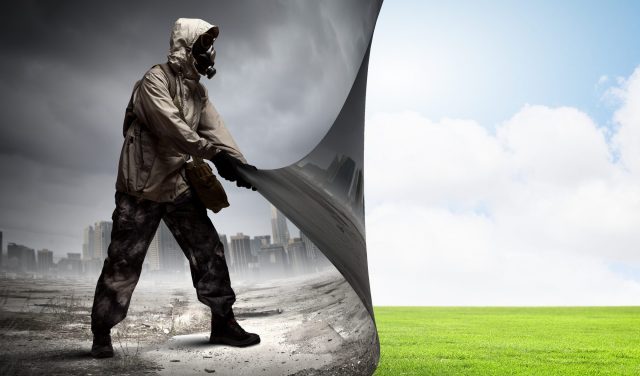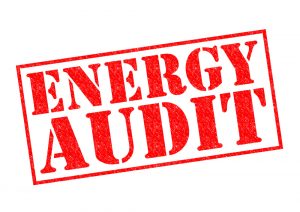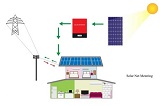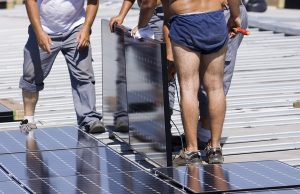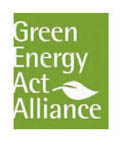Nov. 19, 2020
The Canadian government is making ambitious strides toward combating climate change and investing in a brighter future with new legislation proposed by Environment and Climate Change Minister Jonathan Wilkinson on Nov. 19.
If passed, the Canadian Net-Zero Emissions Accountability Act (C-12) would require the federal government to hit a series of targets on the path to net-zero emissions by 2050. If Canada misses a goal, the bill mandates the government must submit a report in Parliament about what went wrong and what actionable steps officials are taking to get back on track.
In his prepared remarks to the media, Wilkinson said the government will reveal more elements of its plan to recover from the COVID-19 pandemic over the coming weeks, which will include measures to transition Canada to a carbon-neutral economy.
As the first major piece of that climate plan, C-12 aims to ensure Canada reduces its greenhouse gas pollution to its stated goal of net zero by offsetting or eliminating all carbon emissions by 2050.
According to the Intergovernmental Panel on Climate Change, global emissions will need to reach the net-zero mark around the middle of this century to limit global temperature increases to 1.5 degrees Celsius. This target is also a dedicated goal of the Paris climate agreement, which Canada and almost all other countries have joined.
Act Fulfills Some Campaign Promises, but Goals Could Still Fall Short
During his 2019 bid for re-election, Prime Minister Trudeau promised to create “legally binding” emission reduction targets every five years, which the C-12 Act would fulfill.
“Just like with COVID-19, ignoring the risks of climate change isn’t an option,” Trudeau said. “That approach would only make the costs higher and the long-term consequences worse. Canadians have been clear — they want climate action now.”
Though Canada made notable strides to reduce nationwide carbon emissions in Trudeau’s first four years in office, the projections still fall short of what the nation needs to slash emissions to 30% below 2005 levels by 2030 — a target set by the former Conservative government in 2015. The Canadian Net-Zero Emissions Accountability Act lays the legal framework to ensure that goal gets met, though there are no defined penalties if the government fails to reach its objectives.
Trudeau said it’s voters’ responsibility to crack down on elected officials who don’t live up to their promises: “Ultimately, the accountability for government’s actions or inaction is from Canadians themselves.”


